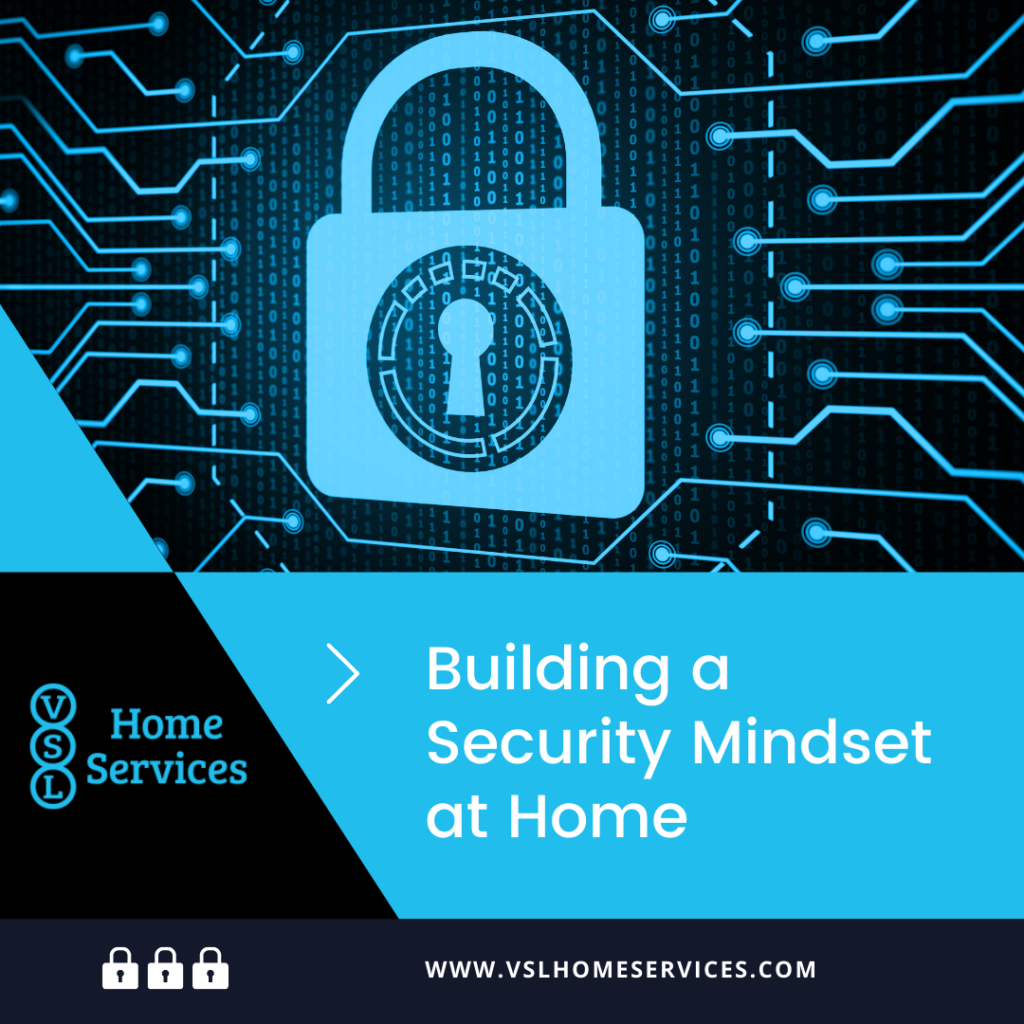
Cybercrime has taken off since the pandemic began in 2020. As a whole, the world saw massive changes across all sectors due to the pandemic. For the most part, the virtual lives of everyone increased. We were hanging out and communicating with others using video conferencing software like Zoom, Google Hangouts, Microsoft Teams, and more. Schools moved to a virtual, or hybrid environment. If you could, you began working from home. We all spent a lot more of our time online.
Another change we saw over 2020 was the increase in cyberattacks, which increased by 300%. Google itself was stopping over 18 million phishing attempts every day at the beginning of the pandemic.
Having a security mindset at home is important for a variety of reasons:
- Attacks at home leave us feeling vulnerable
- We do more personal work from home
- We tend to have more personal data at home
- Many of us work from home, adding potential vulnerabilities to an organization’s network
Nearly 95% of all digital breaches are due to human error.
Why do you need a security mindset?
When you are hacked, hackers may wreak a lot of havoc on your life. When there is a breach, hackers may gain access to your computer and any private information you have on it. They can monitor your conversations and see what you are doing online. Hackers may be able to:
- Steal usernames and passwords
- Make purchases
- Steal and use your social security number
- Obtain cash advances
- Ruin your credit
- Steal your money
- Open credit cards in your name
- Sell your information to others to illegally use.
- And more.
That is scary. A hacker can gain access to much of your life through a digital breach. Upsetting you while stealing data, money, and more.
Having a security mindset is important to help protect yourself.
We all want to sit back and simply enjoy what we are doing online, be it work, gaming, social media, or something else. Little steps and changes may help you stay safe.
Check your accounts
Be vigilant here. Check for accuracy on your accounts, bank account, credit cards, and documents. Are the balances different than they should be? Are there any unexplained transactions? Do you see any unauthorized changes that were not made by you?
Protect yourself online
When you are using social media or entering online chat rooms, proceed with caution. Do not post personal information which may be dangerous in the wrong hands. When you have a personal website, limit the personal information that you share on it. Carefully monitor friend requests; do you know the person? Now and again, you will receive a friend request from someone you are already connected with; This is a red flag that their account has been hacked, and the hacker is using it to gain information on others. Do not disclose personal information in online conversations.
Tips to combat hacking
- Update your operating system regularly.
- When developers discover new security threats, they will update the software to protect against known threats.
- Use a two-way firewall.
- These monitor ingoing and outgoing requests, enabling you to control every ingoing and outgoing connection that is made.
- Avoid questionable websites.
- Only download from sites that you fully trust.
- Increase your browser security.
- When a browser is not as secure as it should be, they are rife with loopholes and security flaws.
Email behavior
The most prevalent type of cyberattack is a phishing attack. As such, you should have certain email behaviors to maintain a security mindset:
- Never open messages from unknown senders.
- Make sure your antivirus is installed and up to date.
- Delete any messages you believe are spam.
- Do not click any suspicious links.
- Do not download any suspicious attachments.
- Use anti-spyware software protection.
Protect yourself with a security mindset
Your life can be shaken up for the worse when there is a digital breach. Hackers may ruin your credit, steal your money, and open accounts in your name. All of this can lead to hardships like financial ruin and countless hours spent on the phone with different agencies. When you practice a security mindset, you are less likely to open your vulnerabilities to attackers.
Do you practice a security mindset at home? What other practices would you consider under a security mindset?
